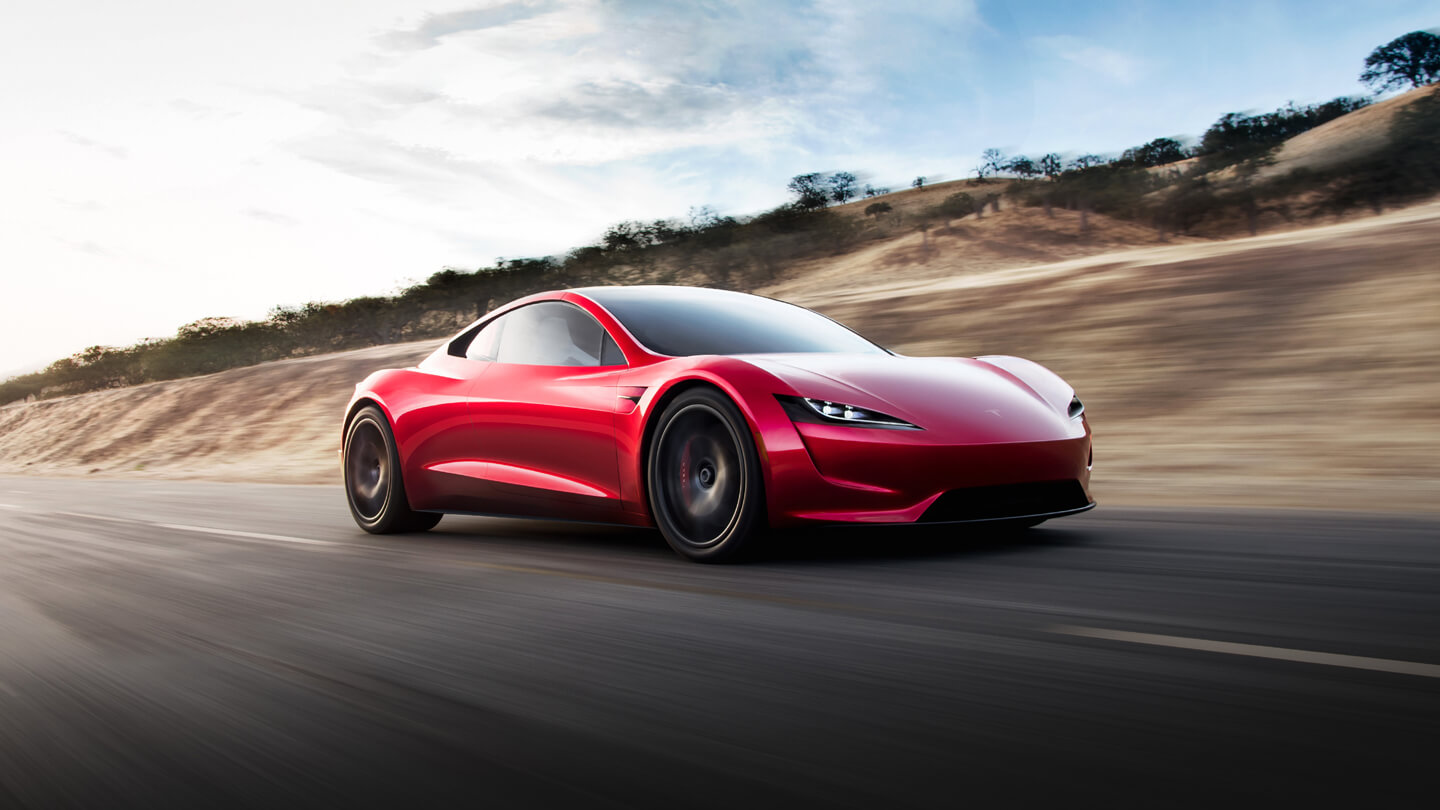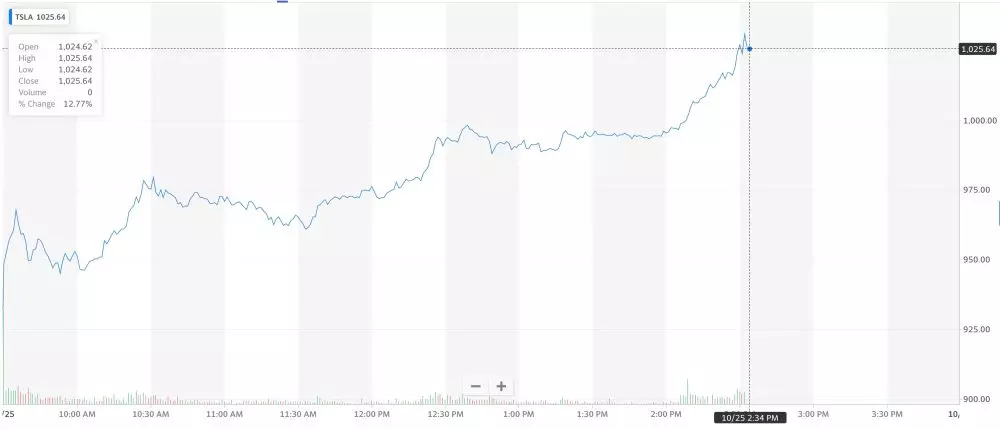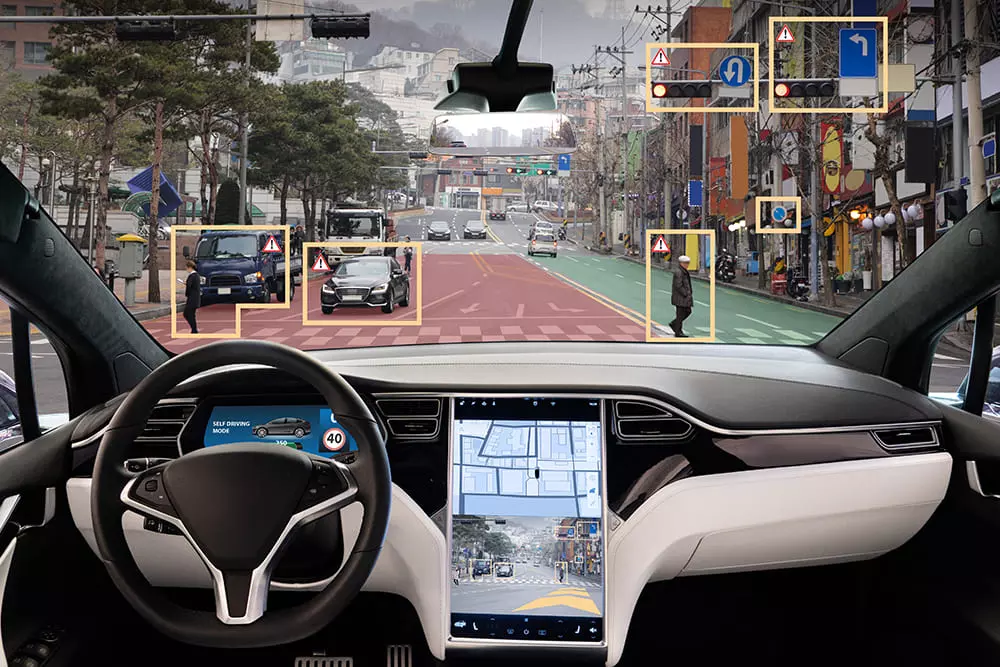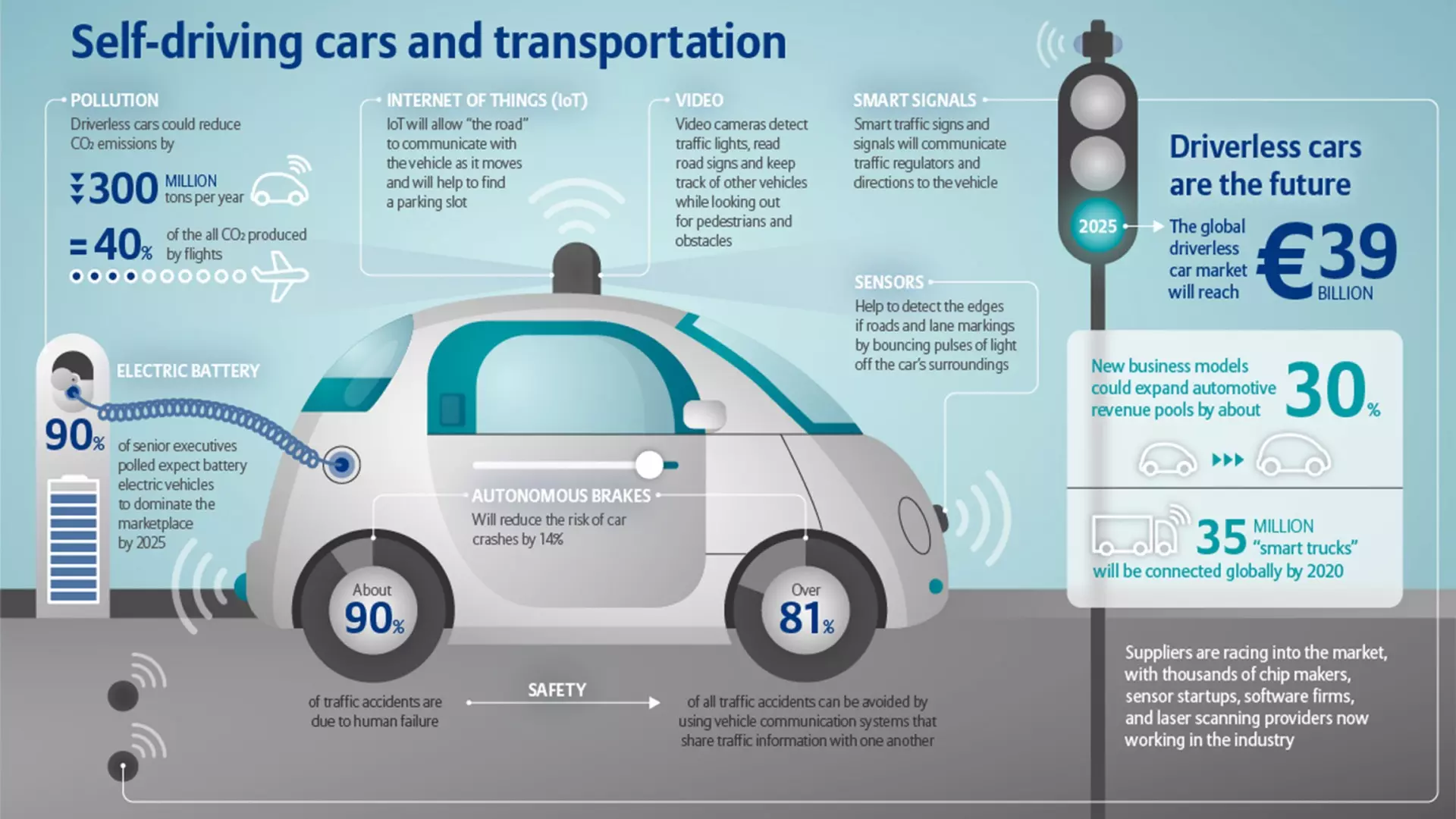Comments
- No comments found

Tesla recently hit a $1 trillion market cap for the first time following news that Hertz is ordering 100,000 vehicles to build out its electric vehicle rental fleet by the end of 2022.
Elon Musk did it again. Tesla has reinvented the art of designing, building and selling modern cars by leveraging artificial intelligence and machine learning. While most of the auto manufacturing industry buys components from many suppliers, Tesla has built up its own supply chain: it has custom-built its own electric engines, battery packs and self-driving technology, even its own glass.
If a driver falls asleep, the car will automatically put on its hazard lights to warn nearby vehicles, slow down and eventually stop.

Source: Electrek
Strong EU sales and bullish analyst calls further boosted Tesla’s stock price.
Tesla’s stock soars to $1,000/share for the first time.
The company joins trillion-dollar market cap companies like Apple, Amazon and Microsoft.
Machine intelligence, artificial intelligence, big data analytics, machine learning, deep learning, extended reality and predictive analytics are radically changing Tesla and the electric vehicle industry.

Source: Bernard Marr
Tesla is leveraging artificial intelligence and machine learning to focus on mainly 2 areas: electric propulsion and autonomous driving. Through its self generated AI chips, Tesla aims to ensure that the cars are able to navigate through not only the freeways but also through local streets as well as traffic signals.
The Tesla system consists of two AI chips in order to support it for better road performance. Each of the AI chips makes a separate assessment of the traffic situation for guiding the car accordingly. The assessment of both chips is then matched by the system and followed if the input from both is the same.
Tesla's so-called "Autopilot" uses lane technology similar to ALKS. It is considered "level two" on the five defined levels of self-driving cars. The next step - level three - would not need the driver's attention at all times, and in theory, the driver could do other things such as check email or even watch a movie - until the car prompts them to take over again.
Here is how Tesla is using artificial intelligence and machine learning in its products and services:
Having millions of customers all around the world, Tesla is highly devoted to its customer service. The customers seeking help or support are required to be connected to the most relevant agents in the department, a task which is carried out flawlessly by AI.
Machine learning and artificial intelligence are at the heart of some of Tesla's most popular cars.

Source: CNBC
The vehicle will try to wake you. If a driver fails to respond, the vehicle will automatically put on its hazard lights to warn nearby vehicles, slow down and eventually stop.
The development of a self-driving car won't happen next year mainly because too many AI investments end up as “pretty shiny objects” that don’t pay off.

Source: Allianz Global Investors
Most companies have yet to adapt talent strategies, organizational structures, business strategies, development methodologies and risk mitigation for a world that moves at AI speed. So there’s work to be done, but the reward can be concrete to reap benefits today and future foundation for success tomorrow.
After briefly reaching $1 trillion market cap, Tesla will definitely hit $2 trillion market cap in the next few years.
By leveraging real artificial intelligence and machine intelligence, Tesla will perform better and solve further complex problems and come up with exciting solutions for a self-driving future.
Leave your comments
Post comment as a guest